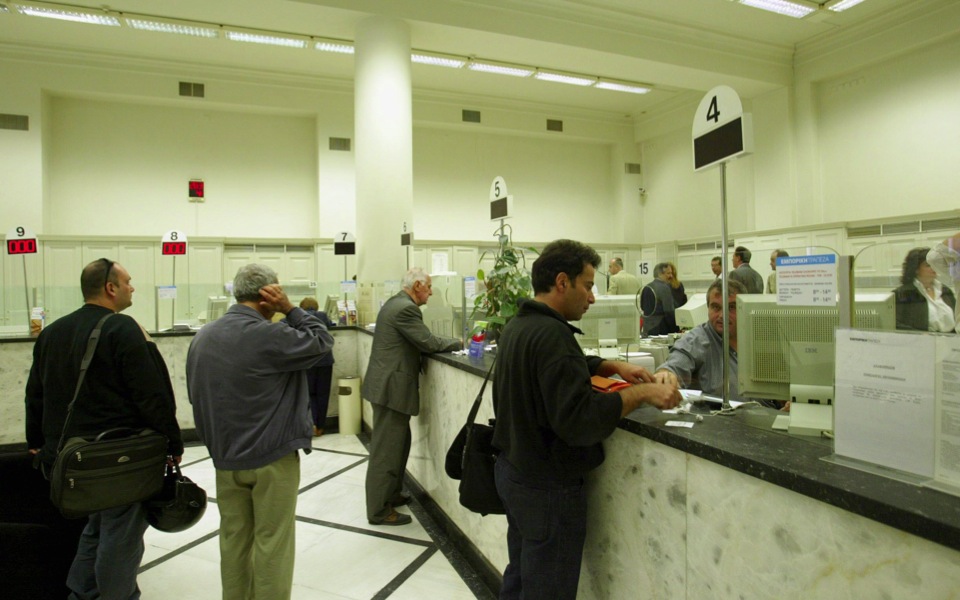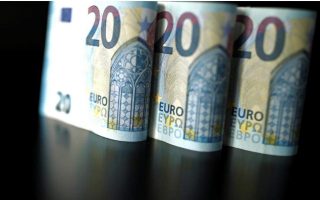Banks brace for expansion in unpaid loans

The sum of installment repayments for loans taken out by individuals and small businesses that have been suspended in agreement with the banks as part of the economy’s support measures add up to almost 4 billion euros.
The measure of suspending tranche payments has already been implemented for 60,000 households and small companies, and is expected to gradually rise to a much higher figure as the consequences of the coronavirus crisis become clearer.
This amount of 4 billion euros protected from possible forfeiture due to economic hardship does not incorporate the loans of medium-sized and large enterprises. In this category banks apply a combination of interventions that include measures to boost cash flow, along with the expansion of credit lines and new issues for working capital.
According to credit sector data, of the 4 billion euros of suspensions already applied, the lion’s share belongs to Alpha Bank and Piraeus Bank, which between them have frozen dues for loans amounting to 3 billion euros. Through Intrum, Alpha and Piraeus have introduced a debt suspension program for borrowers already hurt since early March, starting with a three-month tranche freeze to be revised depending on the course of the crisis. They were followed by National and Eurobank, which have suspended loan tranches of about 1 billion euros via doValue, applying a more general freeze reaching up to nine months – i.e. the end of 2020.
Such programs are expected to expand to more borrowers up to the end of May, and to be combined with the state’s measures, as by the end of the month banks will have full access to the state data on tax registration numbers (AFMs) hurt by the economic lockdown.
Lenders estimate that the loan repayment moratorium and the amount of new bad loans this crisis will create mainly depend on the duration of the lockdown. According to the Bank of Greece’s baseline scenario, if the lockdown is restricted to up to two months the new generation of bad loans will add up to 6 billion euros, but if it stretches to three months bad loans will more than double, exceeding 15 billion euros.
On Tuesday BoG Governor Yannis Stournaras reiterated his call for a “bad bank” in the form of an asset management company to tackle bad loans, saying it is a “good old idea” that is particularly timely now that the bad-loan market has frozen.





